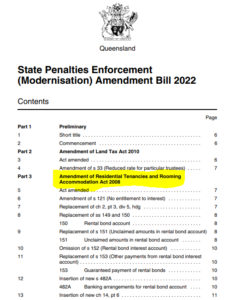It’s time to announce the winner of our Connect to Home competition, which Tenants Queensland launched as part of our International Tenant’s Day celebrations in October. Thank you to all the fantastic entrants who shared their images, poems and messages.
After much deliberation, we’re happy to announce the winning entry is a poem sent to us by Tracy. Congratulations Tracy and thanks once again to all who took the time to participate and share with us.





